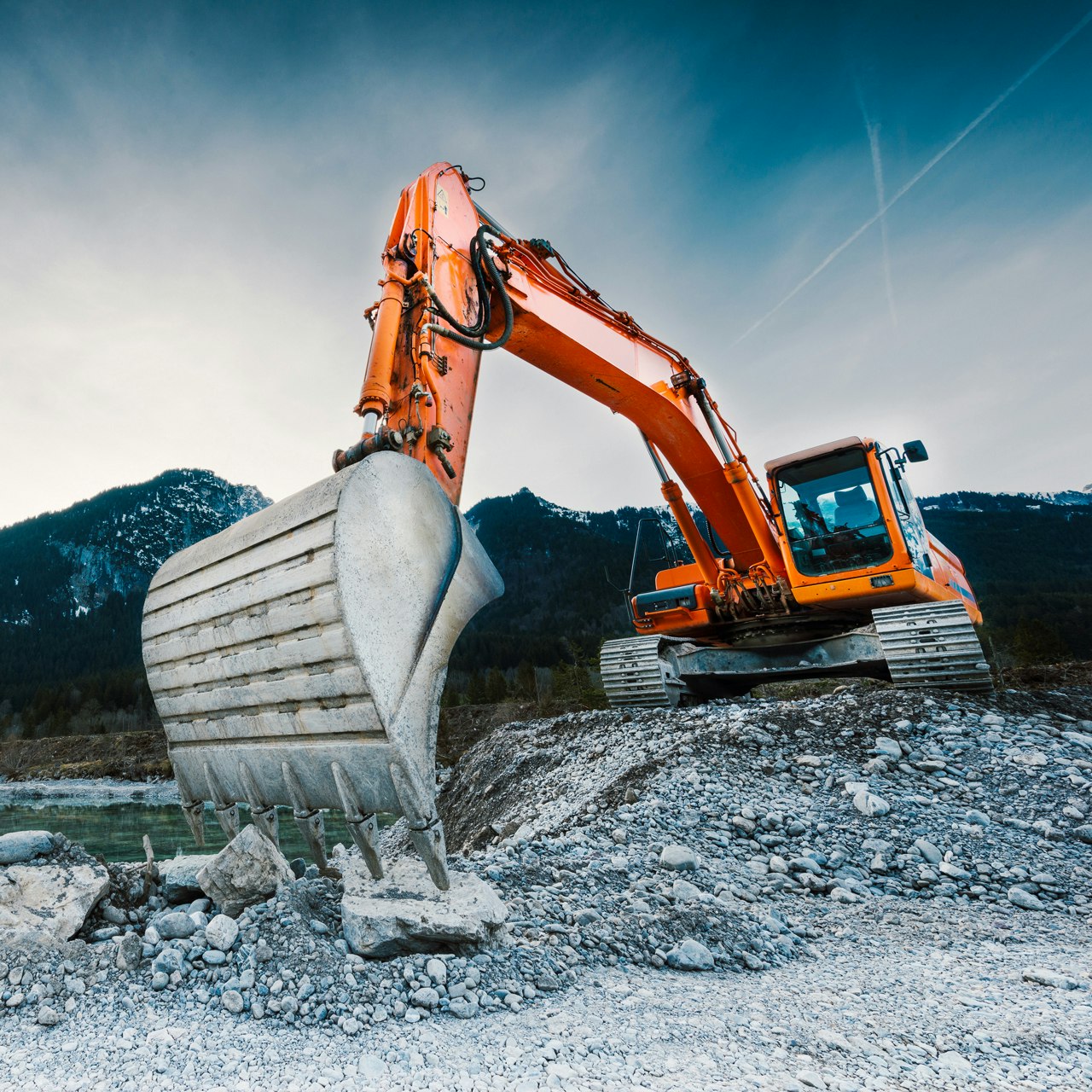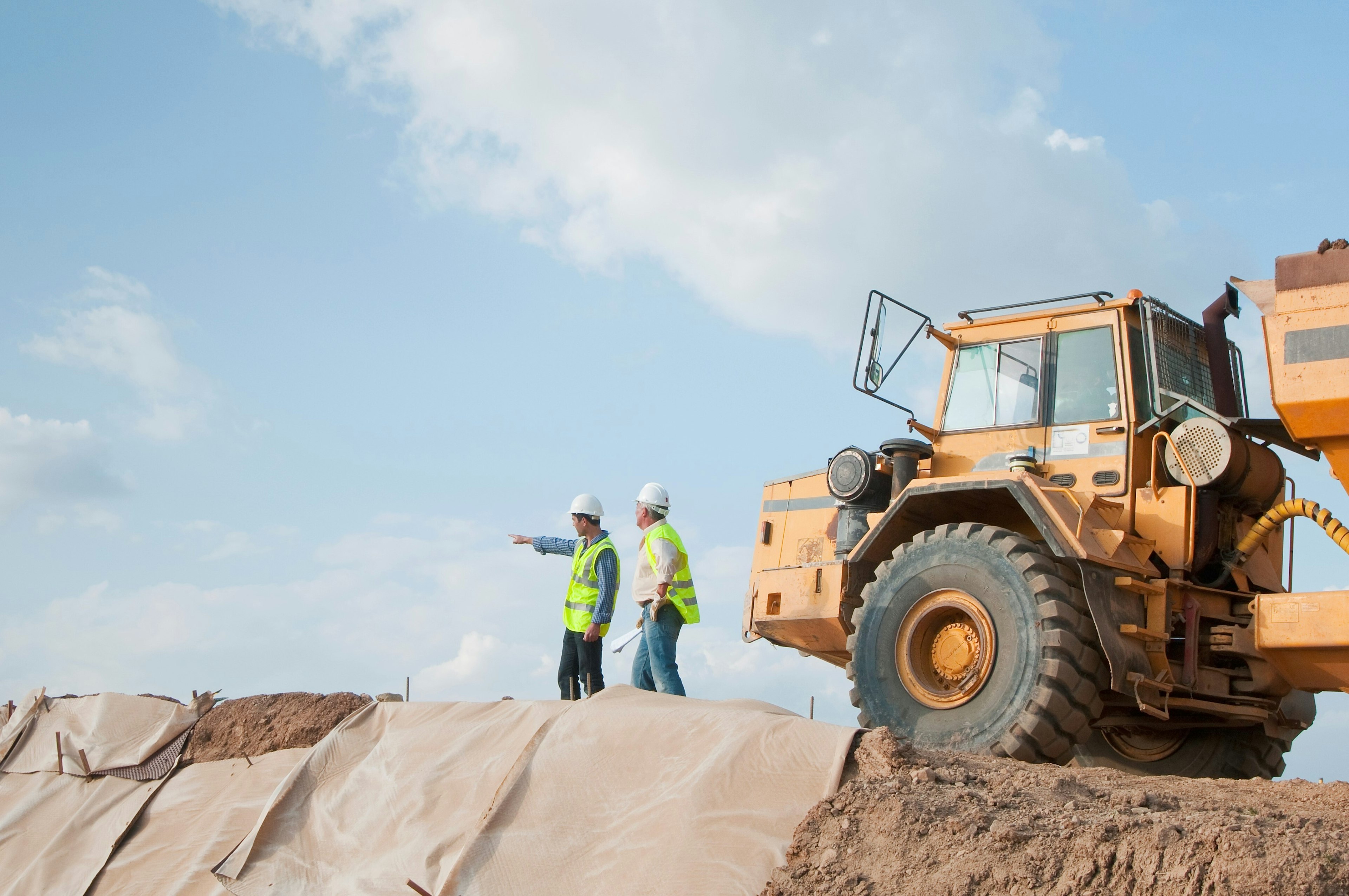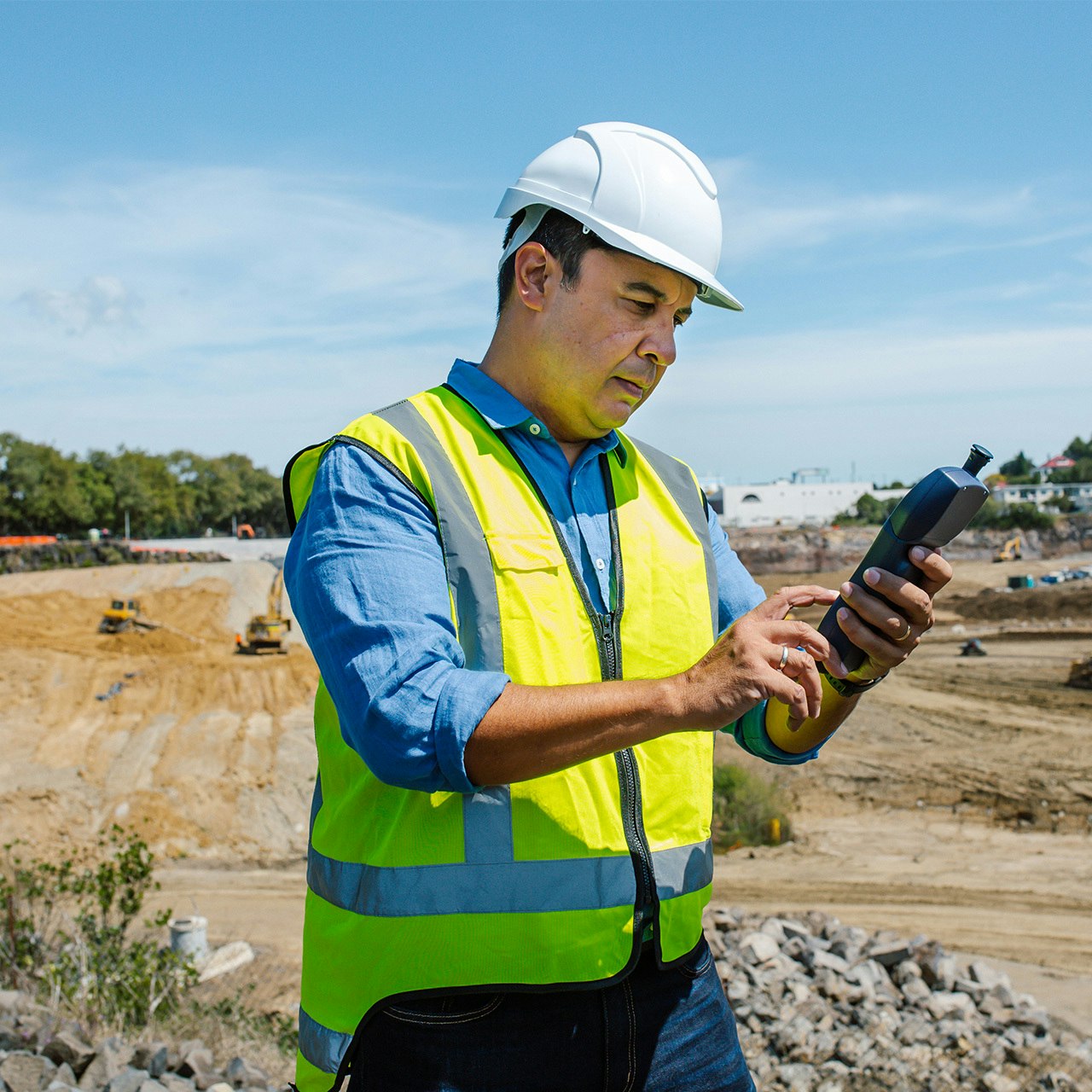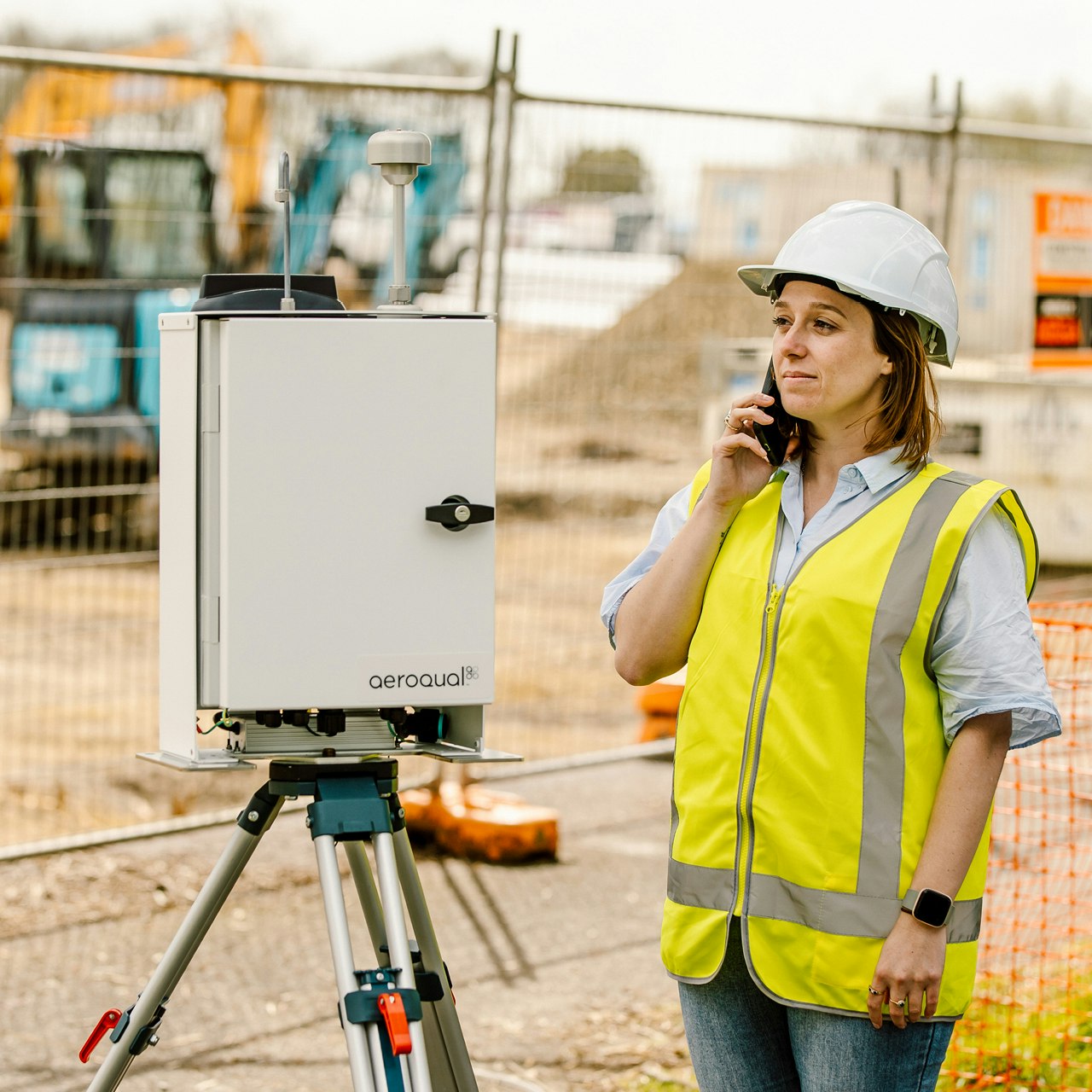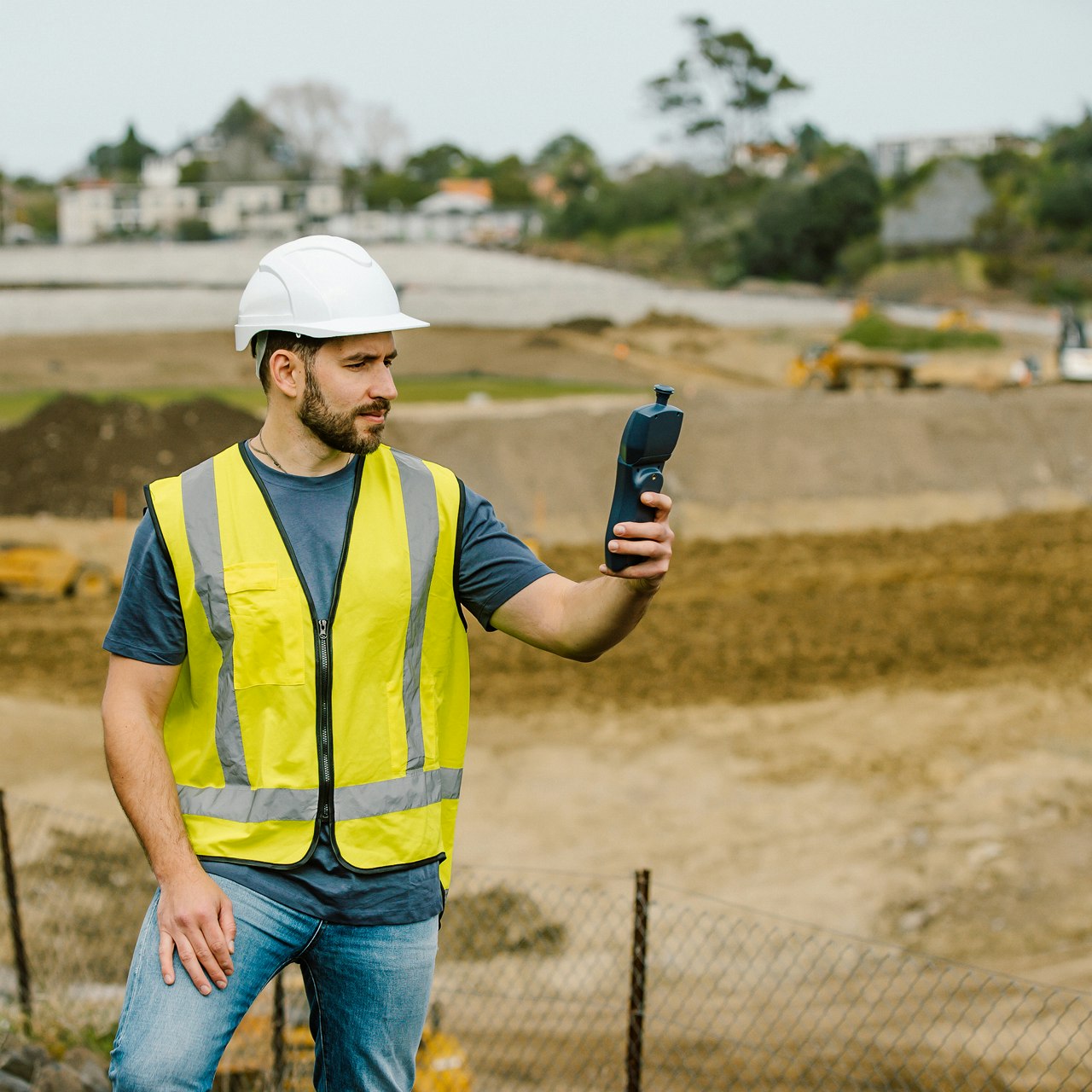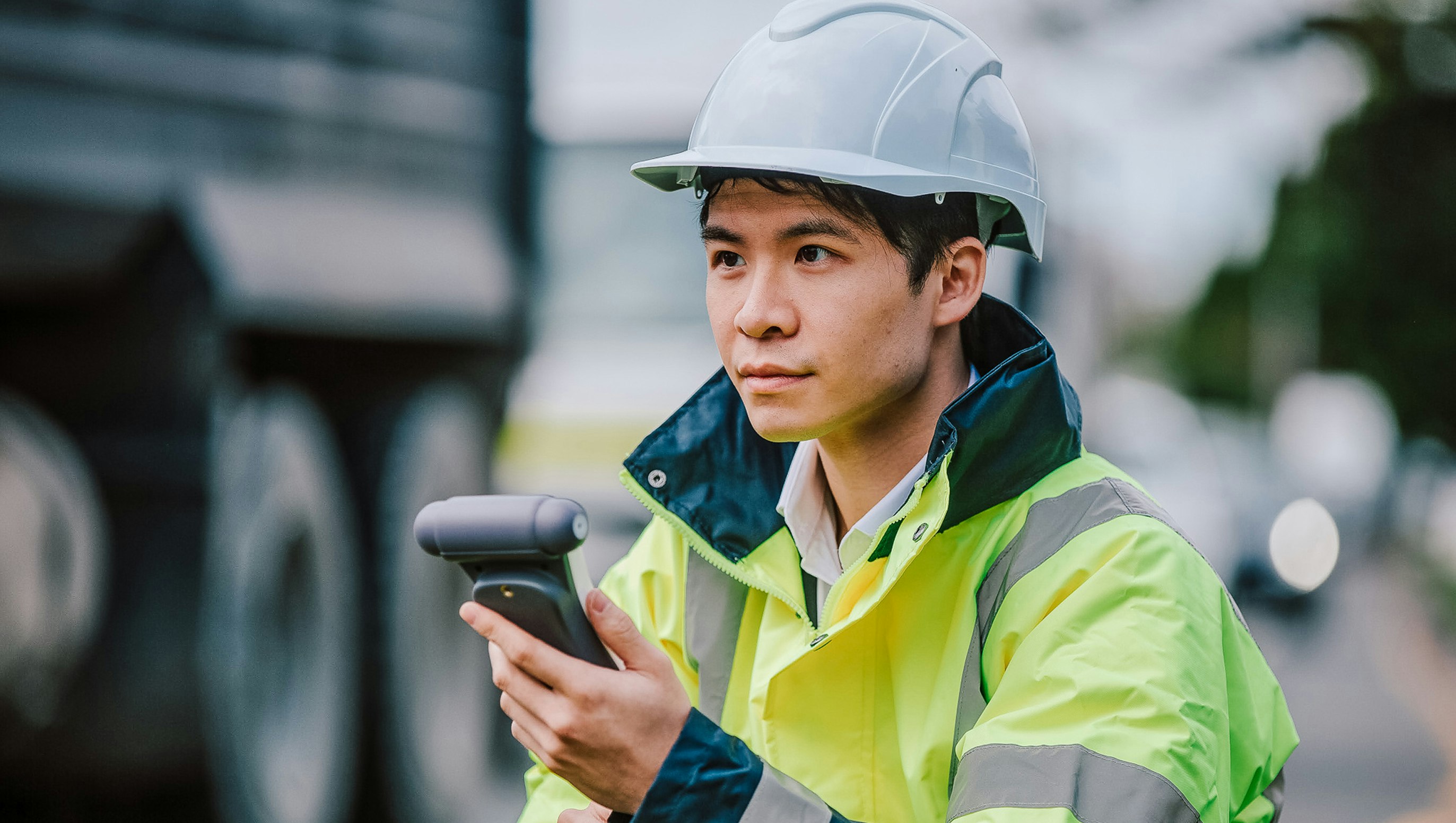Blog
Environmental Consulting and AI: What will the future hold?
Article Details
Last Updated
11 September 2025
Published
20 December 2023
Category
Remediation
The rise of Artificial Intelligence (AI) tools in recent years has already transformed how industries do business. With technologists predicting rapid leaps in the effectiveness of AI in as little as five years, what environmental consultants think of as “normal” could look radically different sooner than you might think. While it’s fair to ask what this quantum leap in automation could mean for the job market, AI is far more likely to reshape the consulting landscape than wipe it out.
Environmental consultants play a critical role in safeguarding communities around the globe. By carrying out environmental impact assessments, ensuring construction and remediation projects comply with local and national air quality regulations, and spearheading sustainability initiatives, consultants act as the gatekeepers of our natural world. Simply put, the role of the environmental consultant is too important to ever disappear entirely.
Where AI and automation tools can be of immense value is in streamlining how consultants do their work. Greater efficiency means more time to focus on the “human” aspects of the job; making the decisions that will shape our future and the future of our planet.
More time spent on high-level tasks
One area where AI already excels is processing repetitive or data-intensive tasks at speed. Not just speed, AI tools have demonstrated an impressive level of accuracy versus human outputs. Being able to outsource otherwise time-consuming tasks, and having confidence in the results, has the potential to supercharge the efficiency of environmental consulting projects. Tasks like data analysis and processing are likely to become less central to the role of the consultant, leading to more of a focus on higher-level tasks. That means less paperwork and more time spent on strategy and innovation.
Demand for new opportunities
In addition to streamlining existing roles, AI is likely to create demand for entirely new job descriptions. As we’ve seen with the rise of the internet, rapid advancements in technology can open fresh opportunities and stimulate employment. Harnessing AI for applications within the environmental consulting sector will require industry knowledge as part of developing, implementing, and maintaining these tools. Without, for example, data scientists, AI experts, and machine learning engineers, the ceiling for what AI can do is somewhat capped. Fully unlocking the potential of automation, and maximizing the benefit for the environmental industry, requires human input from a raft of skilled professionals.
Human oversight is essential
While AI tools offer speed and precision when performing repetitive tasks, the complexities and nuances of environmental consulting aren’t something that can be replicated. Engaging with stakeholders and the community, ethical considerations, and designing strategic pathways are just some of the essential tasks of the consultant. Even with a significant leap in speed and processing power, AI is unlikely to replace consultants in performing these core functions. Faster access to accurate data-driven insights is undoubtedly a good thing for the industry. However, a future where humans are no longer involved in the bigger-picture decision-making process is unlikely to occur.
Embracing change
Across all industries, environmental consulting included, AI is likely to usher in a new era of productivity, efficiency, and critical thought. Realizing these benefits will be a matter of staying up to date with new technologies, developing training programs, and continuing to upskill as AI expands into different applications.
Professor Richard Baldwin at the Geneva Graduate Institute in Switzerland recently said, “AI won’t take your job, it is somebody using AI that will take your job.” Consultants who embrace the efficiencies of automation will be best positioned to ride the technological wave and remain competitive in a changing market. Every environmental consultant gets into the field wanting to make a positive impact. Harnessing the power of AI will be vital to solving tomorrow’s environmental challenges and creating a healthier world.
Related products
Remediation air quality monitoring made easy
Ensure worker health and safety with defensible real-time data you can trust.





